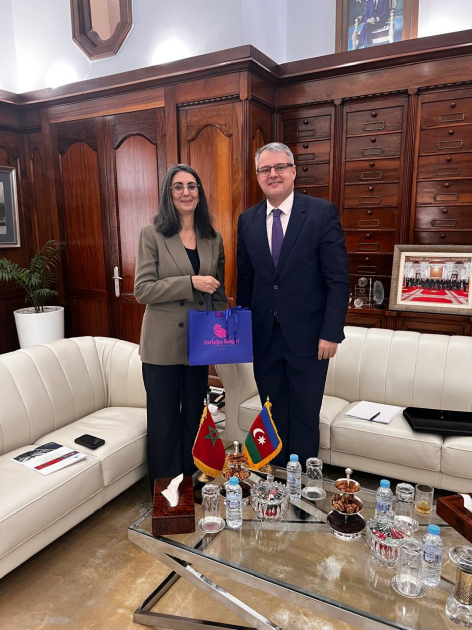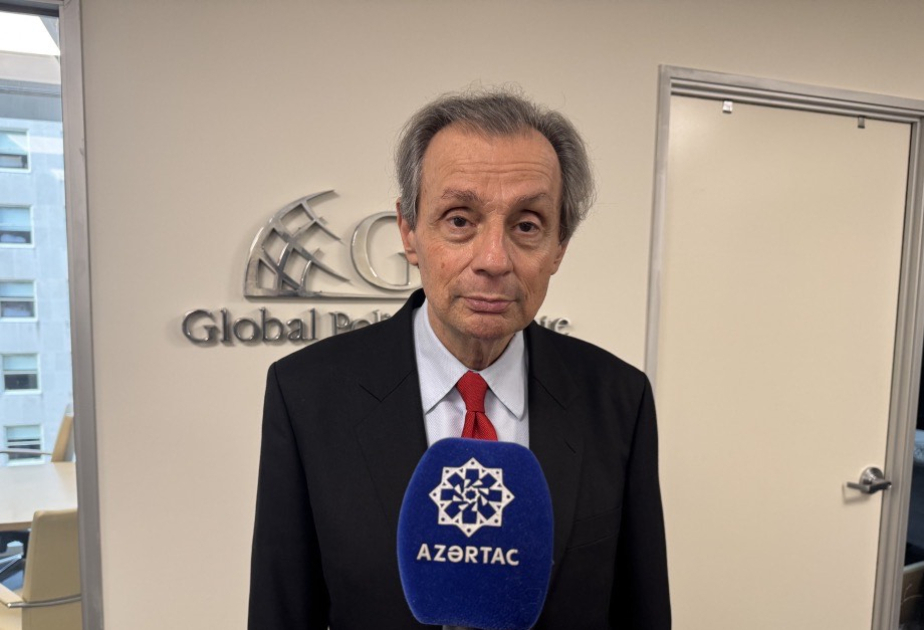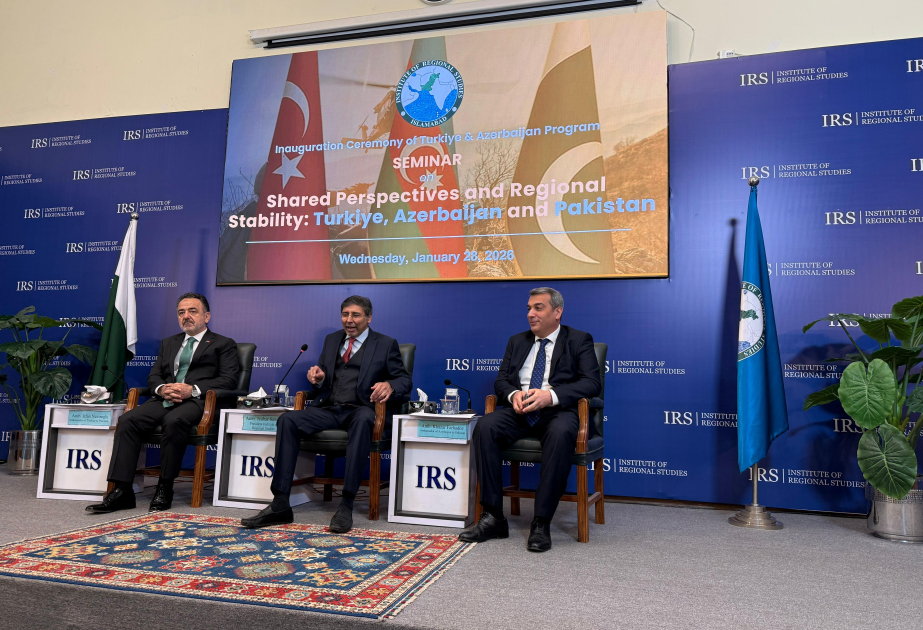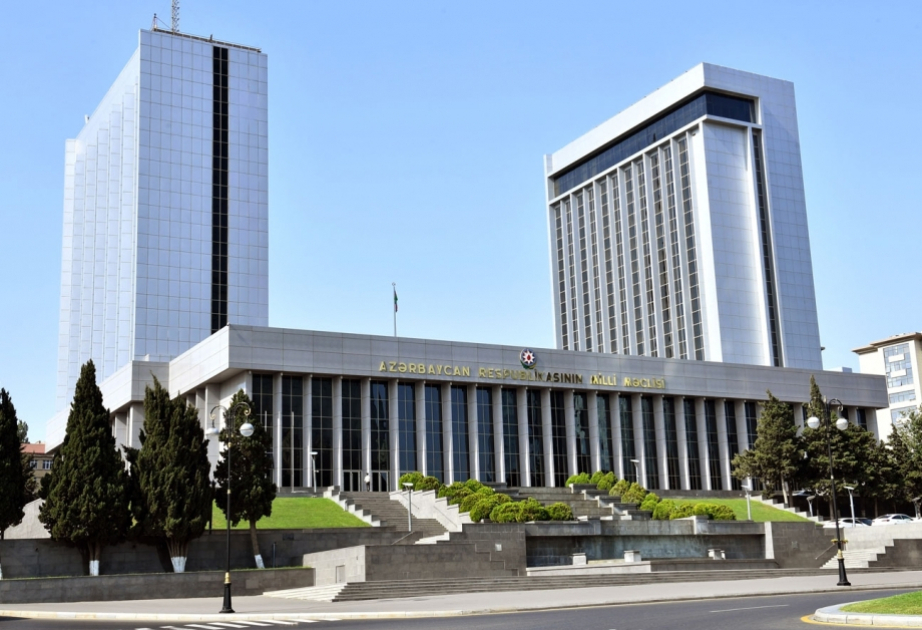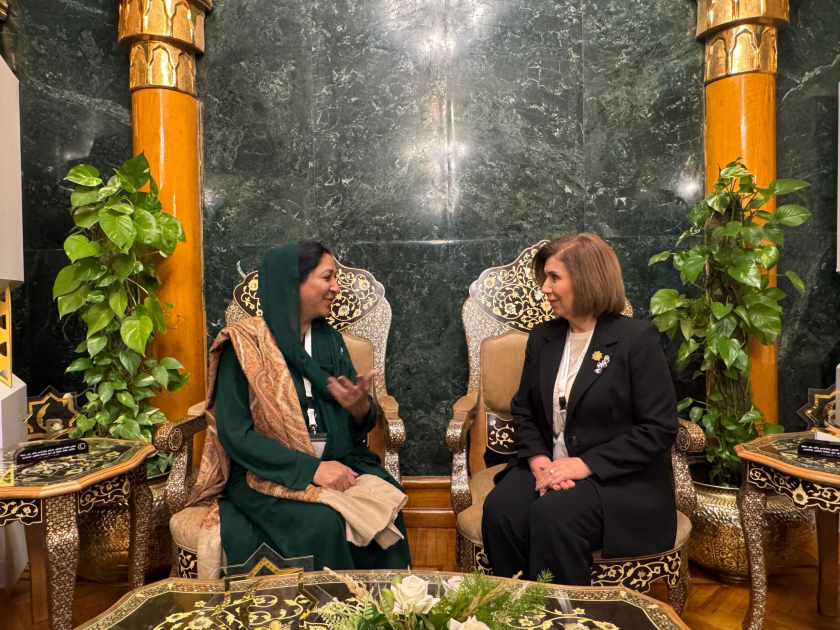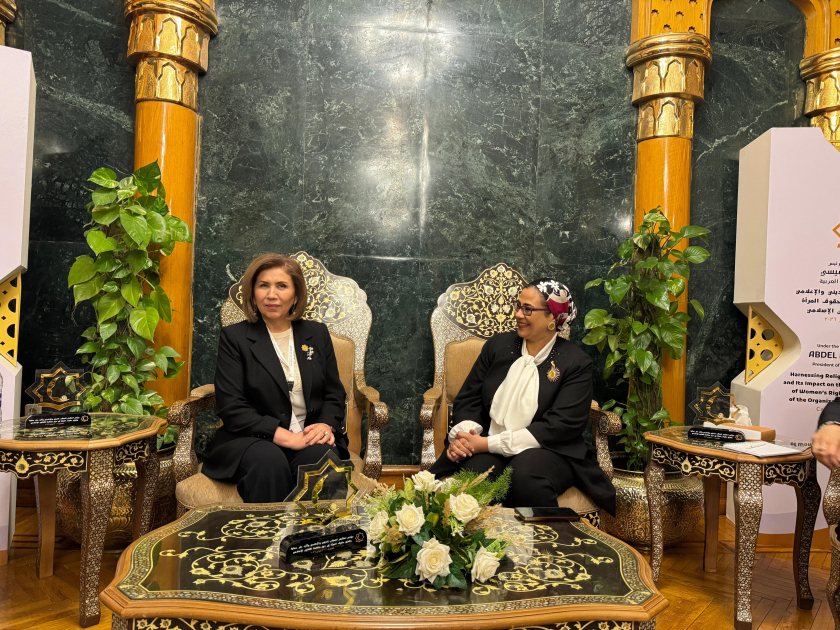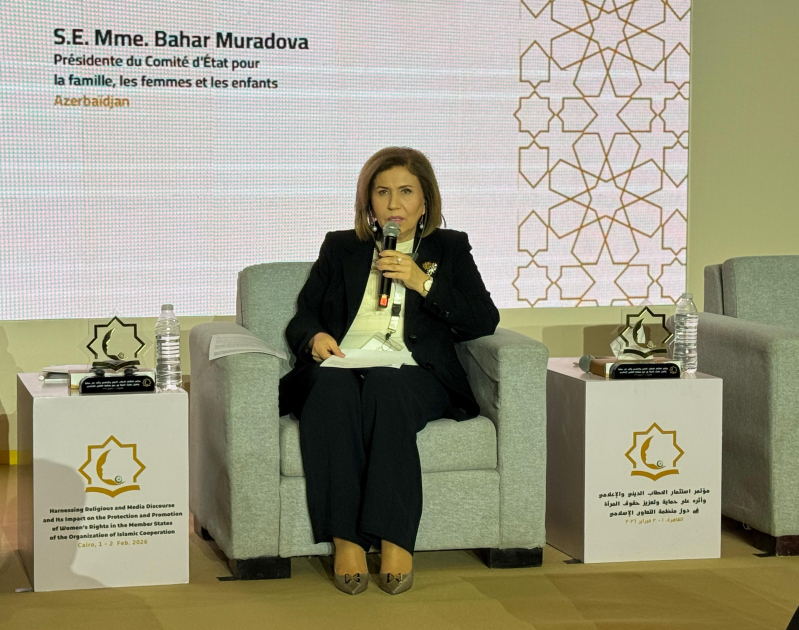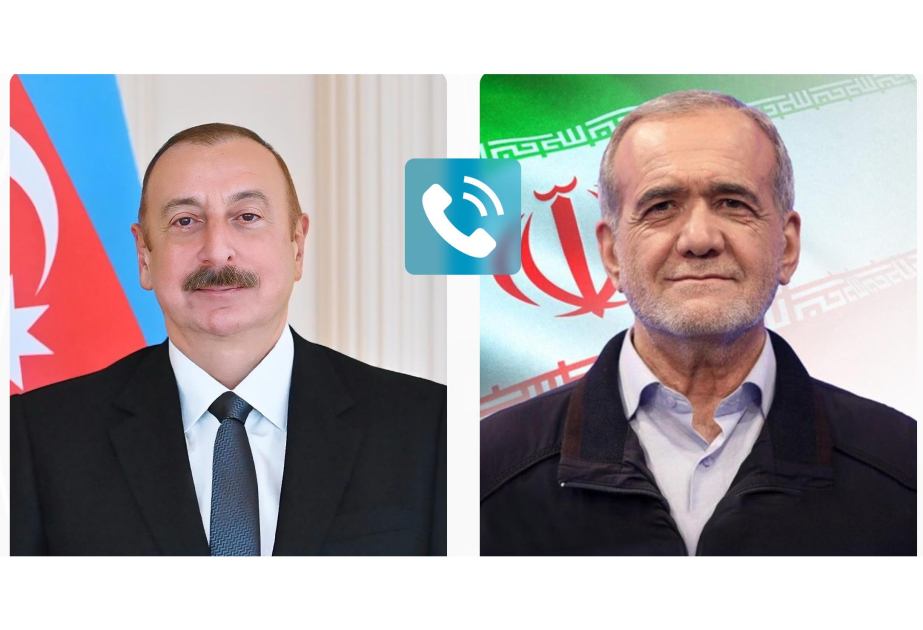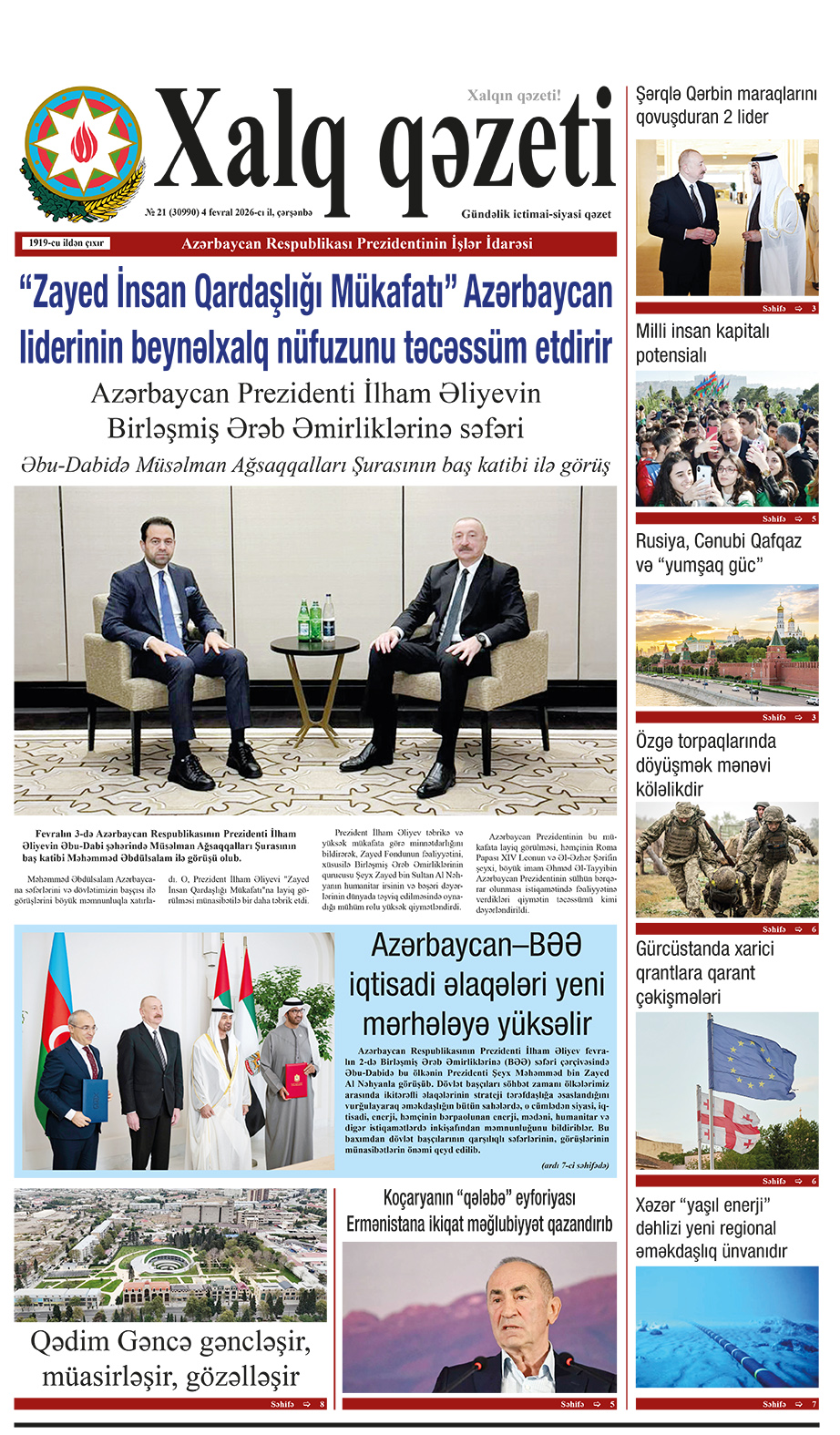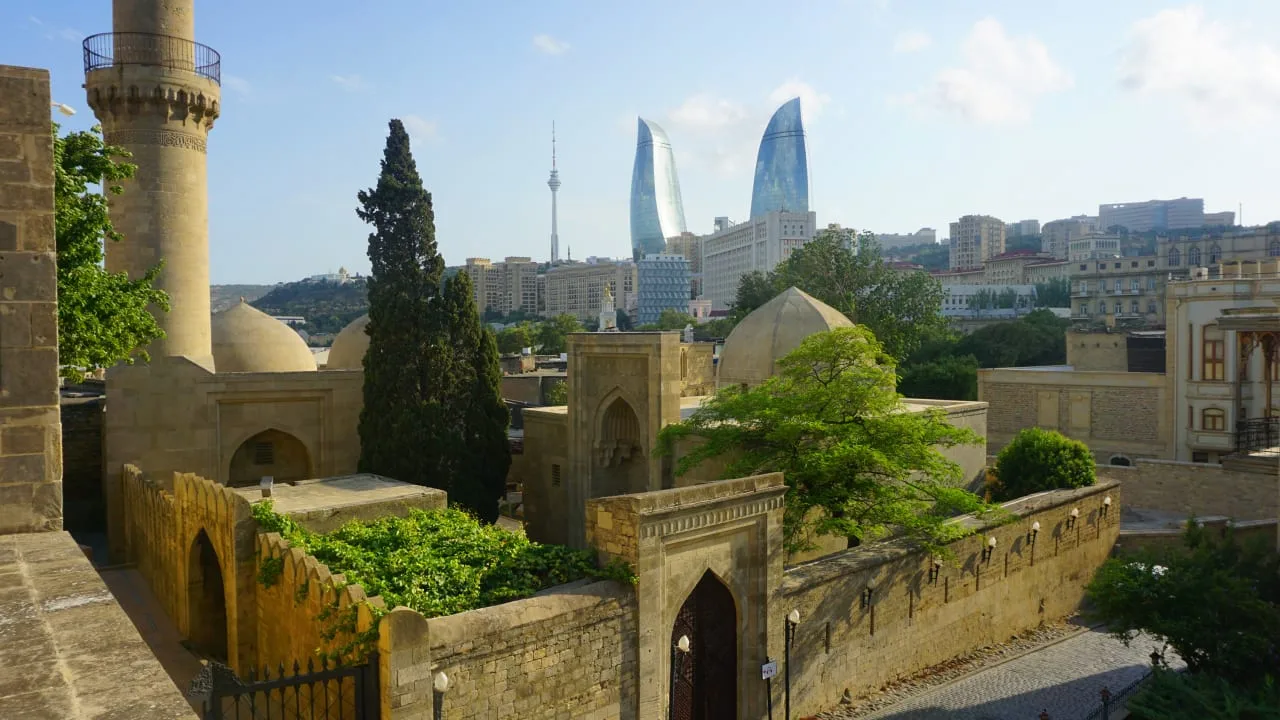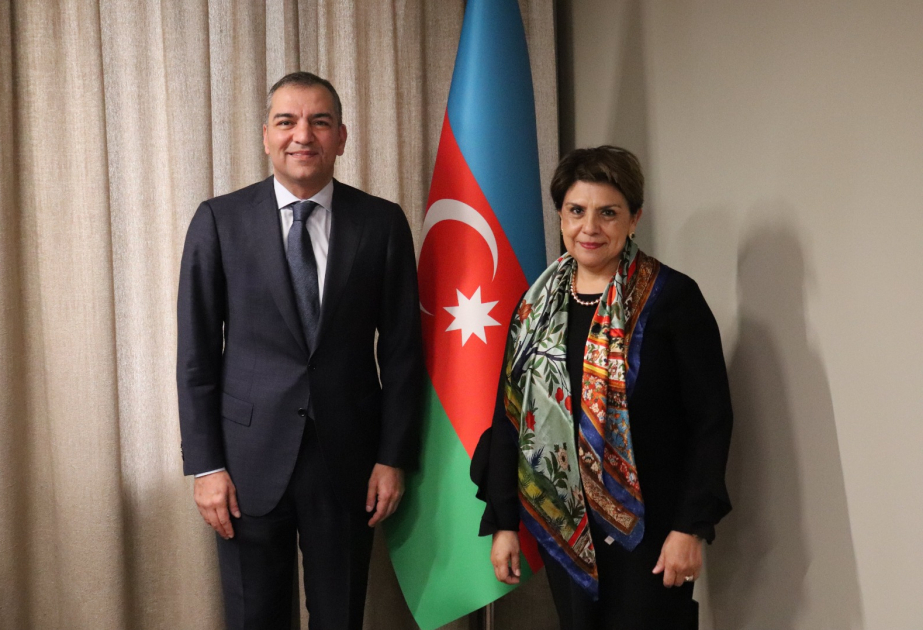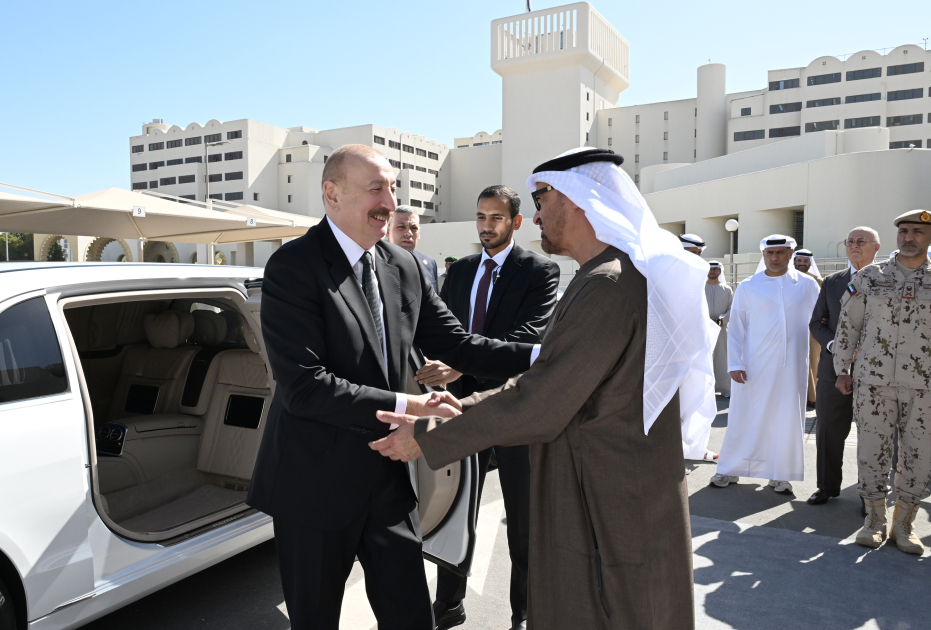The proposal of the deputy of the Milli Majlis opens an additional chance for the Armenian side
As the moment of signing the peace agreement, which has become an unstoppable process between Armenia and Azerbaijan, approaches, the number of those who want to host the solemn ceremony is increasing. Although the parties expressed their political consent to the bilateral reconciliation that will end the conflict, Yerevan's "editing" work on the text of the agreement is still ongoing.
The external actors who do not give up their initiatives on the way to achieving peace between Baku and Yerevan are eager to give their "recommendations" to the last and decisive stage of the dialogue, to take their share of the stability that will be established in the South Caucasus. Meanwhile, it is worth mentioning the intensifying efforts of Moscow and Washington.
* * *
Since the first days of the new year, certain activity of the official Yerevan in this direction has been felt. Yesterday, Armenian Foreign Minister Ararat Mirzoyan expressed incomprehensible and contradictory opinions about Azerbaijan's attitude to the peace agreement at a press conference he held in Yerevan with his Greek counterpart Giorgos Gerapetritis. According to the Armenian media, Mirzoyan expressed the government's position as follows:
"I can say that although we have observed a certain decline in the content of Azerbaijan's proposals on certain points of the text of the peace agreement, at the same time, we are also seeing certain progress in a number of other areas."
According to Mirzoyan, Armenia worked on those points in the text of the agreement and sent its constructive proposals to Baku. The minister added that regardless of progress or setbacks in the next package of proposals, the peace agreement should be based on "a number of principles" repeatedly voiced by Yerevan.
"Countries must mutually recognize each other's territorial integrity without any ambiguity. In fact, this is a matter that requires maximum clarity. The final peace agreement should provide this clarity," said Mirzoyan, noting that the delimitation process may take years, but the peace agreement should state clear reasons for the process.
According to the chief diplomat of Armenia, any uncertainty in these two issues can be the basis for "future aggression and escalation".
By the way, a few days ago, the Secretary of the Security Council of Armenia, Armen Grigoryan, stated that on January 4, Armenia delivered its response proposals regarding the peace treaty to Azerbaijan: "At the end of December, a package of proposals came from Azerbaijan, and within two weeks, the Armenian side sent its version." No answer has been received from Baku yet."
It is clear that the defeated Yerevan made various attempts to "wrest" maximum concessions from the victorious Baku at the last stage of the peace negotiations. However, official Baku has no choice but to accept the fact that these attempts will slow down the process as a manifestation of Armenian hypocrisy and hypocrisy. Recently, one of the interesting versions circulating around the direct, "tet-a-tet" dialogue is that the signing of the peace agreement is now inevitable and it will take place in a different place than what was said.
According to Rasim Musabeyev, a member of the Milli Majlis and a political scientist, who made a statement to XQ, major powers such as the United States, France, Russia, and Iran will not be able to distract Armenia from signing the peace treaty:
"Of course, each of these states is trying to take its share from the region. For example, Tehran promotes itself as the provider of the railway. In other words, he is thinking about securing Iran as well as Russia and Turkey. Russia's interest is that the signing of the peace agreement, even with the participation of Turkey and Iran, can be Georgian, but for that the meeting place must be in Moscow.
The peace mediators of the West are in favor of concluding the agreement that will put an end to the conflict either in Brussels or in Washington. Yes, they also have their own interests in this matter. But I think that, considering all options, the agreement should be signed in Tbilisi as a result of direct dialogue. Another option is that in addition to the normalization of Azerbaijan-Armenia relations, if some document on the regulation of relations between Turkey and Armenia appears in parallel, why not sign these two documents in Istanbul? The presidents of Russia and Iran can also come there. I think that Baku will agree to the regulation of relations in this manner, in a bilateral and tripartite format, and to the signing of relevant documents in Istanbul. Let's see if Yerevan is ready for this? It is difficult to answer this question."
Everyone remembers the statements of Armenian Prime Minister Nikol Pashinyan that he is ready to restore relations between the countries of the region at all levels. This idea, which means "killing two birds with one stone" for him, deserves careful consideration. The main point here will be the automatic withdrawal of external mediators who are in favor of continuing negotiations on multilateral platforms.
For now, the main obstacle to the implementation of this proposal, which can be considered as a proposal put forward by a neutral observer, is not the "subtle nuances" in the text of the peace agreement, but the demonstration of Yerevan's political will. Deputy R. Musabayov is of the same opinion:
- I repeat, at this moment there is no need to talk about external providers more than the text of the peace agreement. In my opinion, the location of the signing ceremony should be determined quickly, because this issue is delaying the peace process.
Thus, it is clear that the development of the events according to the scenario mentioned by the deputy of the Milli Majlis will bring commercial and economic benefits to Baku, Ankara and Yerevan as well as political dividends. At this time, the actors outside the region will be forced to give up their mediator status and play the role of mere observers.
Imran Badirkhanli
XQ


.jpg)
